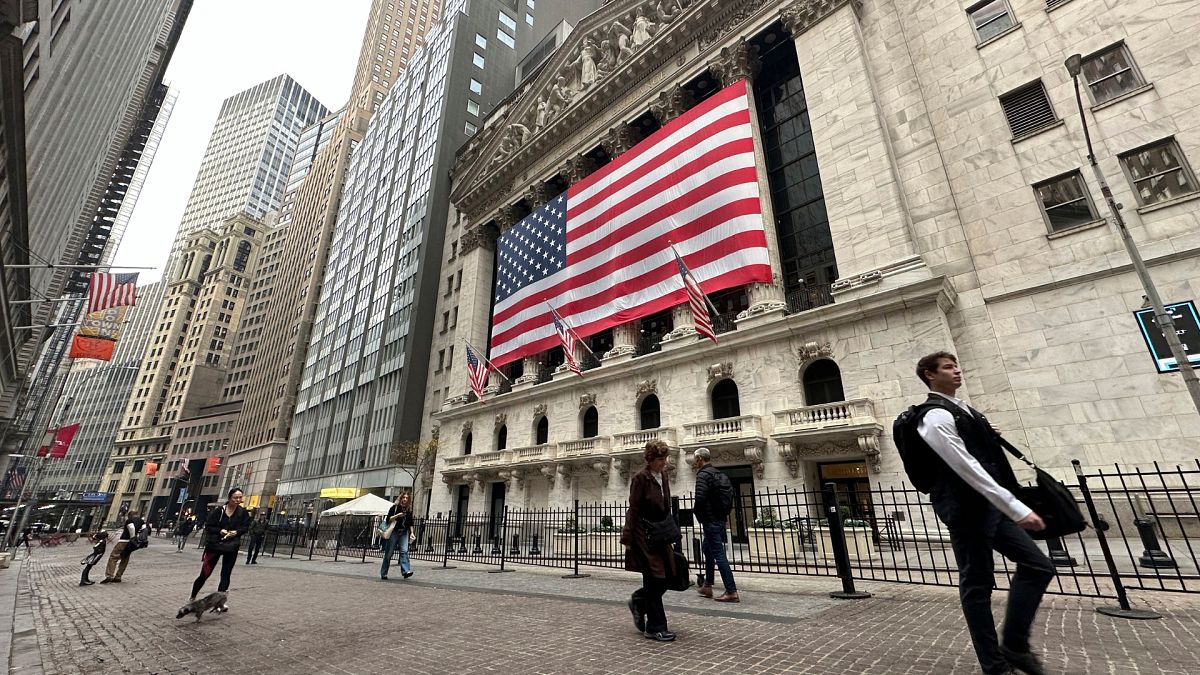Today’s risk landscape is an increasingly complex one, with businesses having to navigate and make choices about how they mitigate and manage both physical and intangible risks.
With risks increasing in frequency and severity across the world, insurance has never been more important. 2024 is looking to be the costliest year on record for Cat losses here in Canada – whether that’s wildfires, major flooding or hailstorms.
Intangible risks are also set to rise in frequency and severity, as shown in Lloyd’s Futureset systemic risk series, which estimates the potential economic loss of a global cyber-attack for Canada at $88 billion over a five-year period.
Innovation and new product development is vital in building resilience against systemic risks and the global threats they pose. In 2025 and beyond, our industry needs to be ready with the solutions to meet new and emerging demands.
To help foster this innovation, we launched our Lab Accelerator program in 2018 as a hub for ambitious new insurtechs. Since then, the Lab has seen more than 100 startups enter through its doors — and a billion dollars of capital raised for the solutions emerging out the other side.
That innovation includes parametric products helping customers receive payments in the wake of disasters quicker than ever. Plus, new technologies are making our products more accurate and effective, from satellite data to AI processing in claims. Our Lab has also helped discover solutions for emerging risks, from cloud service outage cover, to cover for carbon credit transactions. One example is Wildfire Defense Systems, a private sector wildfire service that protects properties on behalf of the insurance companies who insure them, who helped to safeguard properties during the wildfire in Jasper National Park earlier this year.
2025 will undoubtedly present us with more pressing and complex challenges than ever. But through collaboration, shared expertise, and pioneering new solutions, our industry is well positioned to support our customers and communities when they need us most.









